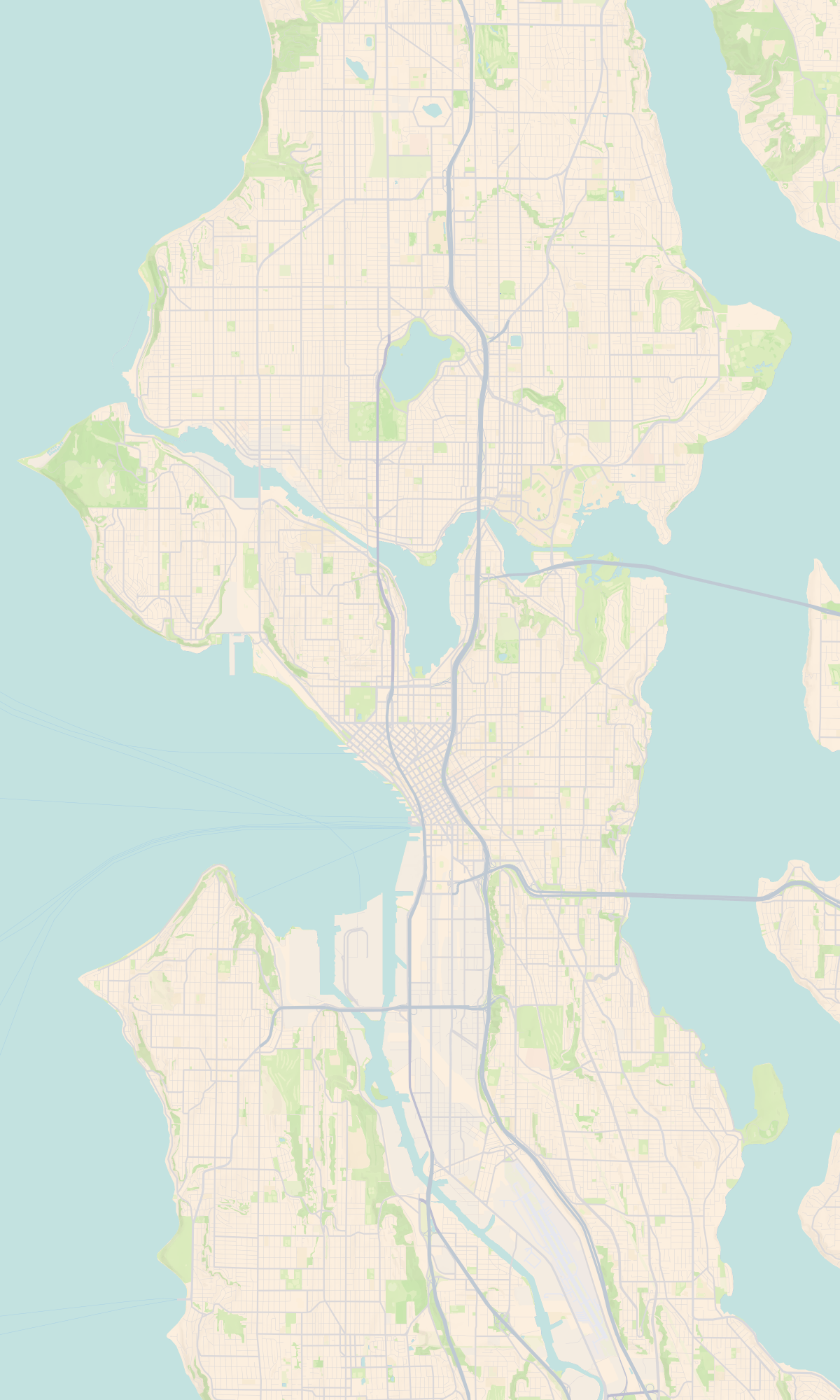A federal appeals court ruled Friday that many of President Donald Trump’s sweeping tariffs on foreign goods were unlawful, undercutting one of the central tools of his trade policy. The U.S. Court of Appeals for the Federal Circuit upheld a May decision finding that Trump overstepped his authority by using the International Emergency Economic Powers Act (IEEPA) to levy duties on nearly all imports.
The 7-4 ruling is a major legal rebuke but does not immediately lift the tariffs. Judges delayed enforcement until mid-October to allow the administration time to appeal to the U.S. Supreme Court. Trump has already indicated he plans to do so.
The court concluded that IEEPA, a 1970s-era law intended for sanctions and embargoes, does not grant the president unlimited power to impose tariffs. Trump had used the law to justify broad duties on countries including China, Mexico, and Canada, citing national economic threats ranging from trade deficits to the fentanyl crisis.
Critics—including small businesses, trade groups, and Democratic-led states—argued the tariffs were economically damaging and constitutionally improper. “Every court that has reviewed these tariffs has agreed they are unconstitutional,” said Oregon Attorney General Dan Rayfield, calling the ruling “a huge win for Americans.”
Even if the Supreme Court affirms the decision, Trump could still impose some tariffs using other legal authorities, such as Section 232 (national security) or Section 301 (unfair trade practices). But the ruling could force a broader debate in Congress over presidential trade powers.
“This decision should be a wake-up call for Congress to reclaim its constitutional mandate to regulate duties,” said Jake Colvin of the National Foreign Trade Council.
Trump, meanwhile, warned of economic ruin if the tariffs are struck down, claiming they are key to U.S. strength. “If these Tariffs ever went away,” he wrote online, “it would be a total disaster for the Country.”













